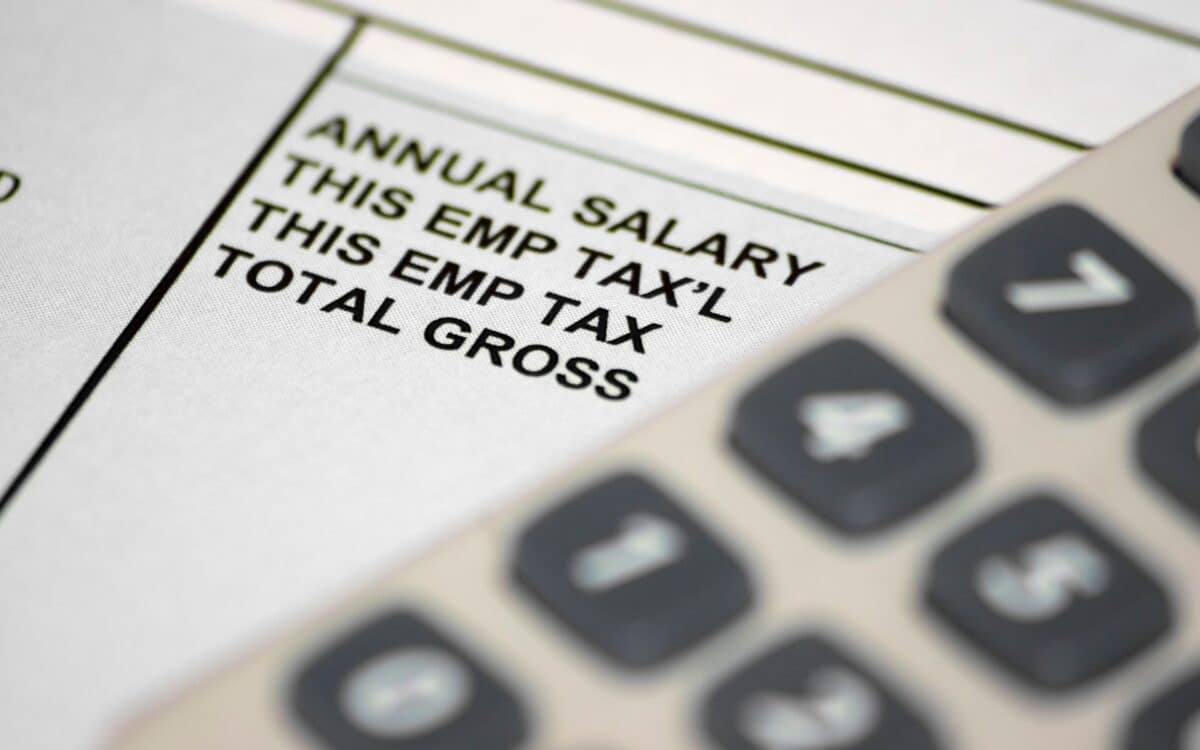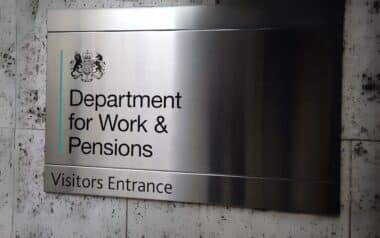A potential reform in Whitehall aims to address growing discontent among public sector workers, particularly teachers, nurses, and civil servants. Under this plan, employees could receive higher salaries in exchange for reduced pension benefits. While some argue this trade-off could reduce staffing crises and save taxpayer money, unions and experts warn of the long-term implications, labeling the idea as risky.
Rethinking Compensation for Civil Servants
Public sector workers have long-faced a difficult trade-off between pay and benefits, with pensions often prioritized over immediate wages. The proposed reform seeks to address these concerns by offering a more flexible approach to compensation.
A Potential Solution for Public Sector Woes
Schools, hospitals, and civil services have grappled with staffing shortages and pay disputes for years. These tensions have sparked numerous strikes, especially within the NHS and education sectors.
- Nearly a third of teachers leave their roles within five years of qualifying.
- NHS vacancies exceed 100,000 positions, compounding healthcare challenges.
- Government budgets allocate nearly 25% of council tax revenue to staff pensions.
The proposed reform could alleviate such pressures by attracting and retaining staff through improved wages while reducing long-term pension obligations.
Main Figures Shaping the Debate
The discussion around pay reform is underscored by significant data points reflecting the challenges faced by the public sector :
- More than £1 in every £4 of council tax revenue is spent on public sector pensions.
- The Treasury has capped public sector pay rises at 2.8% for the upcoming year, raising fears of renewed strikes.
- Schools and hospitals face staff retention crises, with teachers and NHS workers leaving in record numbers.
- Nearly a third of newly qualified teachers exit the profession within five years.
These figures highlight the urgency of reform, as policymakers seek solutions to rising costs and workforce instability.
Benefits and Trade-Offs
Lord O’Donnell, a former cabinet secretary, supports the proposal, calling it a “win-win.” He argues that increasing upfront pay offers immediate financial benefits for employees, such as improved mortgage eligibility, while making public finances more sustainable.
- Boosting salaries by £1,000 could reduce pension liabilities by a similar amount.
- Immediate costs for higher wages would be offset by future pension savings.
Despite this, former chancellors remain cautious, and unions have expressed significant unease. Critics argue that prioritizing short-term gains could jeopardize future financial stability.
Balancing Modernisation With Fiscal Caution
The proposed reform has sparked a heated debate within Whitehall and beyond. While some view it as a necessary step to modernize public sector employment, others argue it could create more challenges than it resolves.
Expert Insights and Official Perspectives on Proposed Reforms
Cat Little, the permanent secretary at the Cabinet Office, has confirmed that discussions are underway to reassess the balance between pay and pensions, aiming to offer more flexibility to public sector workers. Sir Steve Webb, a former pensions minister, warned that while the reform might be cost-neutral in theory, advancing costs could strain current budgets—a move governments typically avoid.
Lord O’Donnell emphasised the benefits of the proposal, noting its consistency with recent fiscal rule changes and potential advantages for public finances.
- Cat Little is reviewing pay-pension balance to improve flexibility.
- Sir Steve Webb flagged risks of advancing government costs prematurely.
- Lord O’Donnell linked the proposal to sustainable fiscal policies.
- A government spokesperson affirmed commitment to reform tools for workers.
Unions’ Warnings and Financial Risks
Union leaders and pension experts have labeled the reform “dangerous,” citing potential challenges for both employees and the Treasury.
- Public sector pension schemes rely heavily on current tax revenues, with no funds set aside for future obligations.
- Increasing wages now would impose immediate costs on government budgets, whereas pension savings would only materialize decades later.
Sir Steve Webb, a former pensions minister, noted that governments typically defer costs rather than advance them, making the proposal unappealing to the Treasury. He also emphasized the need for a broader discussion on whether current pay-pension structures meet workers’ needs.
Ongoing Discussions in Whitehall
Cat Little, a senior civil service official, has initiated internal reviews on balancing pay and pensions for civil servants. These discussions explore greater flexibility for public sector staff, aiming to strike a balance that retains talent without overburdening finances.
A government spokesperson reaffirmed the administration’s commitment to equipping civil servants with tools to enact meaningful change for workers. However, no formal decisions or detailed proposals have been disclosed.









